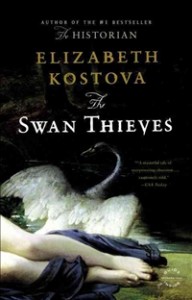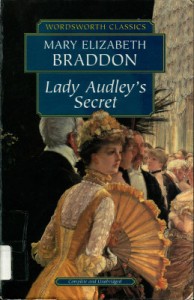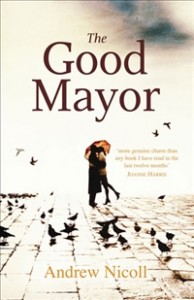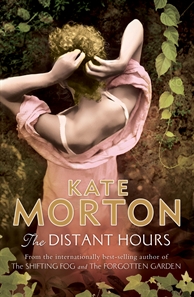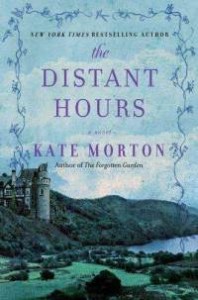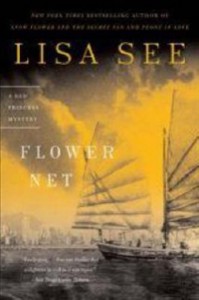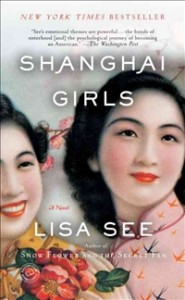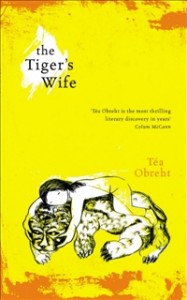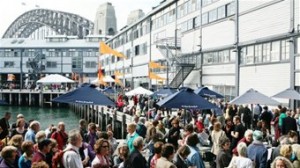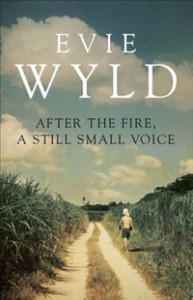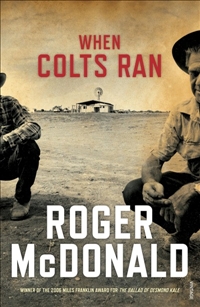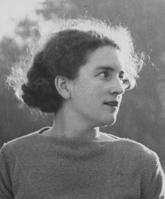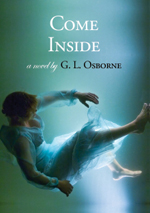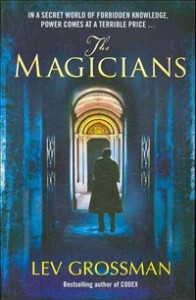 Harry Potter meets Bret Easton Ellis with a dash of C S Lewis on crack. The Magicians by Lev Grossman was a New York Times bestseller so a lot of people like the author’s blend of magician fantasy with brat-pack college romp but, after reading this novel, I know I prefer my fantasy pure. There are overt references to Harry Potter in this book so Grossman knows exactly what he is doing.
Harry Potter meets Bret Easton Ellis with a dash of C S Lewis on crack. The Magicians by Lev Grossman was a New York Times bestseller so a lot of people like the author’s blend of magician fantasy with brat-pack college romp but, after reading this novel, I know I prefer my fantasy pure. There are overt references to Harry Potter in this book so Grossman knows exactly what he is doing.
The Hogwarts in The Magicians is Brakebills, a college situated in upstate New York. It is in a weather bubble out of synch with ‘real’ weather and protected by spells so no one can detect its whereabouts. The hero, Quentin, who had a mild interest in magic tricks as a child but who also has an extremely high IQ is recruited to the college after a gruelling entrance exam. The part of the novel covering Quentin’s initiation into magic at the school is a lot of fun and the character’s trials and tribulations make him sympathetic: his irony and dry humour adds to this. There also are some beautiful moments of description, most notably when the students are turned into migrating geese.
It is when Quentin graduates and returns to the ‘real world’ as a magician – on the top of his game, arrogant and bored – that I began to find the novel annoying. Back in New York, always living in upmarket squats, Quentin and his magician friends binge out on sex, alcohol, drugs and anything else they want to indulge in. Their spell-making powers mean that they can do practically anything, and money and other people aren’t a problem. I really didn’t care about the petty relationships between these narcissistic people. I can understand that this is a portrayal of the ennui of uber-rich young adults, but, as a reader, I want to be able to care about and identify with at least some of the characters. Even Quentin’s girlfriend Alice, who starts out as shy and principled, turns out as bad as the rest and she only reveals a more admirable side later in the book where she acts to protect Quentin (I won’t spoil it by telling you what happened). But: too little, too late.
After the period of binging in New York, the characters finally get the adventure that they (and the reader) have been waiting for. They are transported via a shirt button into another world that looks a lot like Narnia but is here called Fillory (the title of the world in a favourite childhood book of Quentin’s). The story picks up considerably here, but it’s Narnia ratcheted up one thousand fold. The kind and quaint beasts aren’t so nice in this Narnia, blood and gore abound.
When most of the friends escape, Quentin is left behind, badly injured, to be healed by a community of centaurs. Even these seemingly caring vegetarians have their dark side keeping horses for a form of sex slavery.
Finally, and fairly randomly, Quentin returns to the ‘real world’ or rather the unreal world of Brakebills, older, wiser, more powerful; and ready, it seems, for the a sequel. Grossman has given us this in the just published The Magician King. I don’t think I’ll be reading it, though.


